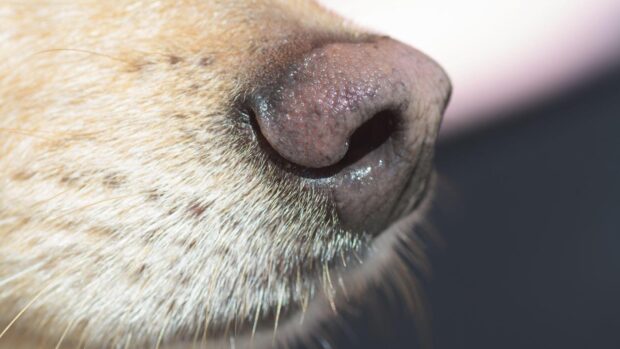Two horses competing at the Alltech FEI World Equestrian Games (WEG) (25-31 August) have tested positive to substances that are not allowed in competition.
Event horse Qalao des Mers (pictured) tested positive for the sedative acepromazine on 29 August. Ridden by France’s Maxime Livio, the horse finished fifth individually and helped the French team to fourth, securing qualification for Rio Olympics.
Endurance horse Tra Flama, who was vetted out at the second vet gate under South Africa’s Giliese de Villiers, tested positive for the pain killing non-steroidal anti-inflamatory phenylbutazone and its metabolite Oxyphenbutazone. This horse was tested on 28 August.
Both substances are categorised as “controlled medications” rather than doping, because both can be used in the treatment of horses though they cannot be present in competition.
The two positive results do not mean automatic provisional suspension. Each case will go before the FEI Tribunal after WEG finishes.
A confirmed positive result for a team member can result in the disqualification of the whole team. If Maxime is disqualified the nation would lose their Olympic qualification for Rio 2016.
FEI secretary general Ingmar De Vos said it was “very disappointing” to have these positive test results, particularly given that all participants at the Games were offered pre-arrival testing and that it is “well known” and “well accepted” that both these substances are not permitted in competition.
One hundred and thirty seven horses were tested in the first week of the Games. Equine samples taken in dressage, para dressage and reining are negative, and there are no other positives in endurance or eventing.



